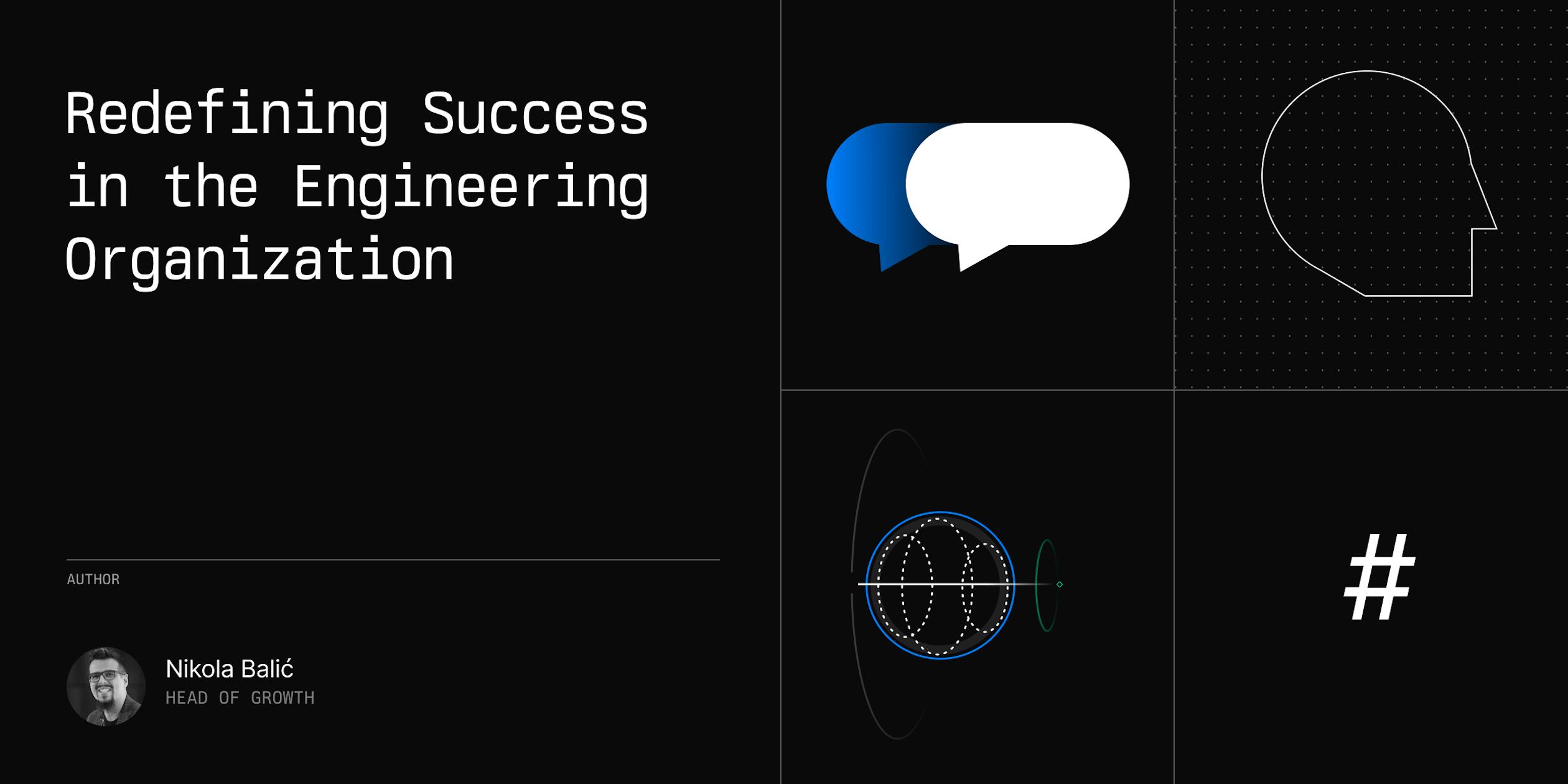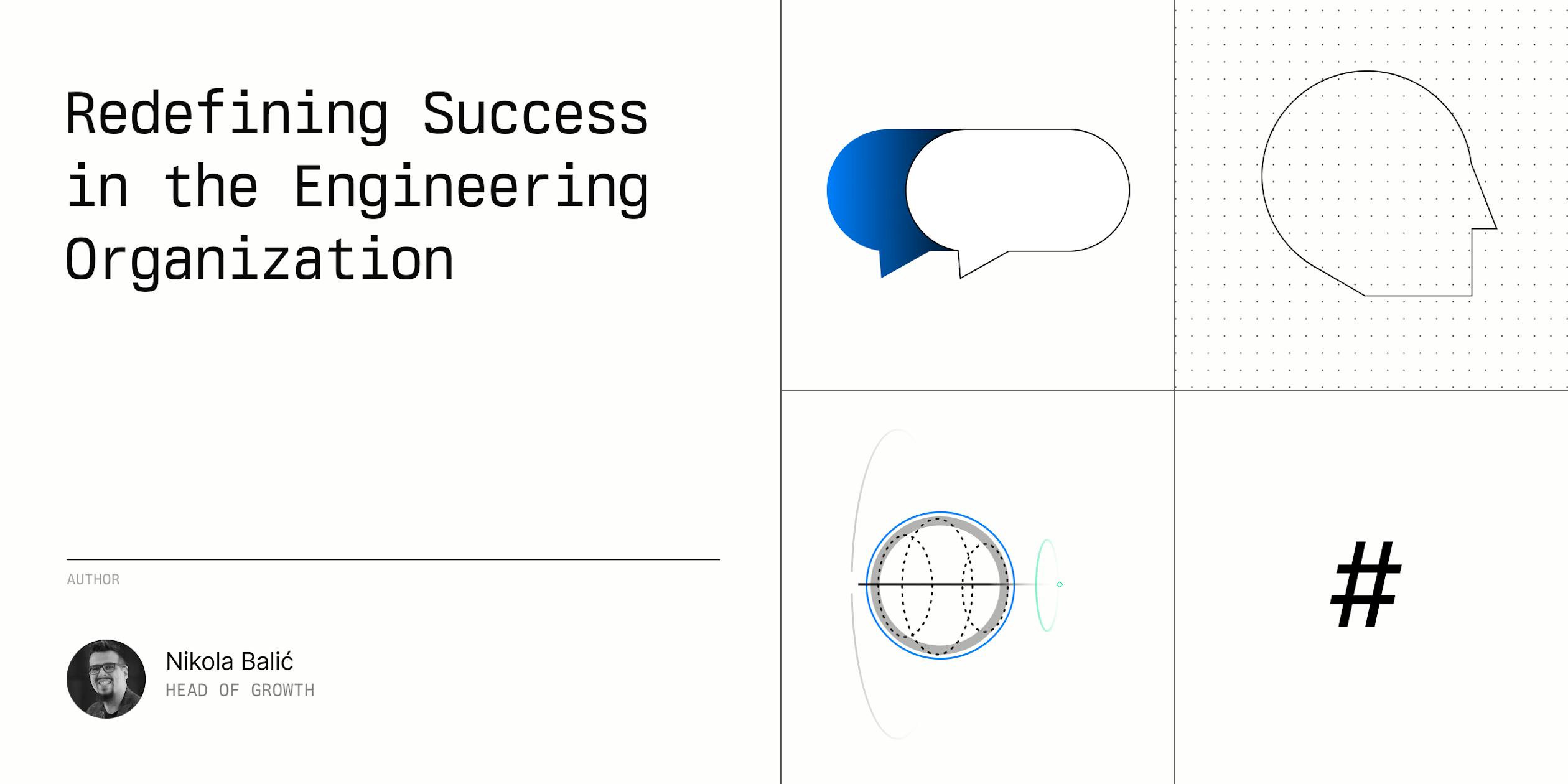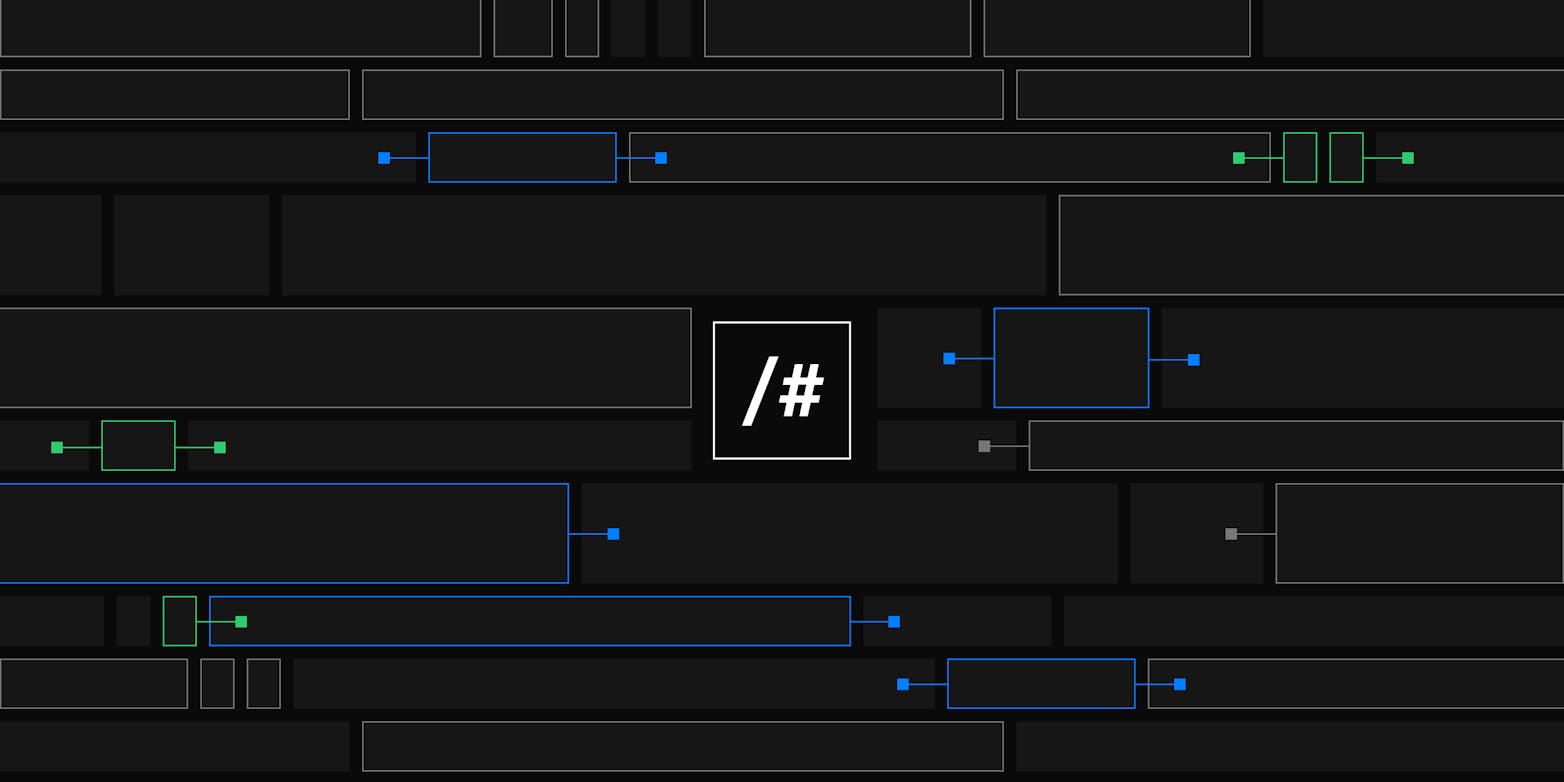Over the past decade, the image of the lone “rockstar” coder has become pervasive in engineering culture. The rockstar represents the pinnacle of achievement – a virtuoso developer capable of single-handedly architecting complex systems and cranking out flawless code at superhuman speeds. This archetype holds powerful sway in the minds of many engineers, shaping identities and perceptions of success.
But as tech leaders, we must look honestly at the implications of idolizing this myth:
What behaviors and mindsets does it promote or suppress?
How might it impact diversity, collaboration, and sustainability in our organizations?
Are we setting realistic expectations or inadvertently fostering burnout and imposter syndrome?
At Daytona, we’ve worked to redefine engineering success by creating an environment optimized for developer empowerment. Through this experience, I believe sustainable high performance requires abandoning the rockstar model for a more nuanced definition – one rooted in collaboration, continuous learning, and resilience.
Collaboration, rather than solitary effort, is frequently the source of genuine innovation.
The Allure and Risks of the Rockstar Engineer
The trope of the rockstar coder has been glamorized in media, perpetuated through industry hype, and stubbornly persists in engineering culture. Qualities typically associated with this image include raw technical brilliance, an anti-social streak, extremely long hours in intense solitary focus, and often shunning documentation or “boring” tasks.
This archetype holds undeniable allure – the software magnate crafting ingenious code in a feverish haze of Red Bull and brilliance. Their heroic efforts seem to singlehandedly save the day. It’s a narrative that fuels many engineers' aspirations and egos.
But this myth also carries significant downsides at both individual and organizational levels. Internalizing it can fuel anxiety and burnout as developers stretch themselves thin trying to live up to unrealistic expectations. It encourages siloed work and discourages collaboration or mentoring. It often dismisses the less glamorous but crucial work of documenting systems, reviewing code, or interviewing users. The rockstar attitude also tends to disdain entry-level tasks beneath their abilities – depriving newcomers of mentoring and growth opportunities.
This mindset rewards raw individual performance over sustainability, diversity, or team success. It inhibits the cross-pollination of skills and institutional knowledge sharing vital for organizational resiliency. Ultimately, the lone rockstar represents a high-risk, low-scalability model. Their abilities become single points of failure and bottlenecks as systems grow more complex.
So, how can leaders reshape engineering culture to move past this limiting myth?
Redefining Success as a Team Sport
Transitioning from the rockstar model requires reorienting from individual heroics toward collaborative team success.
This starts with the reconceptualization of projects as complex, multifaceted endeavors that draw on diverse skill sets. A healthy engineering culture values specialists ranging from user researchers to security auditors and generalist coders. It recognizes documentation, QA processes, and DevOps as integral to delivering robust, scalable systems.
With this breadth of contributors, stellar outcomes become team achievements earned through coordination. We must assess performance based on aligned cross-functional metrics versus raw individual output. Shared ownership and collective responsibility should be instilled at all levels.
Incentive structures also require rethinking. Rewarding individual metrics like lines of code can incentivize destructive practices like copy-pasted code or cruft accumulation. Consider incentives for cross-training, mentorship, documenting systems, or volunteering for unglamorous tasks that advance the project. Make collaboration and knowledge sharing part of performance reviews.
We tend to underestimate the value of simplicity in solutions, mistakenly equating complexity with superiority.
Platforms like Daytona enable the transition toward team success by removing tedious configuration and maintenance tasks. Automating these distractions immerses developers in collaboration and core engineering work. Streamlined coordination frees attention toward higher-order team dynamics that enable breakthrough innovations.
Embracing Continuous Learning and Growth
Sustainable excellence requires continuous skills development, not just innate genius. The myth of the 10x rockstar coder rests on the idea of innate brilliance – that mastery stems from raw talent rather than practice. But engineering evolves rapidly – today’s hot skill fades into obsolescence within a few years. The lone coding cowboys of yore stranded themselves on soon-outdated islands of expertise.
Organizations seeking sustained excellence foster a culture of continuous learning and growth. With support for conferences, online courses, and skill-stretching assignments, veteran engineers avoid becoming dinosaurs. Regular retention-focused training and mentorship opportunities are crucial for upskilling staff and transferring institutional knowledge.
Rotational programs allowing developers to shift across focus areas prevent siloed knowledge and cultivate empathy between teams. Hackathons, open-source Fridays, and casual skill shares encourage enriching side projects and serendipitous discoveries.
Daytona’s automated dev environment provisioning helps enable continuous learning. Spinning up sandboxed environments for experimentation allows risk-free tinkering. Quick reproducibility makes replicating and debugging learning scenarios faster. Built-in collaboration capabilities support interactive training across locations.
Rewarding Resilience and Grit
Sustainable excellence requires resilience and grit. The rockstars’ apparent one-shot success hides their dependence on fickle inspiration. But true engineering prowess reveals itself when persevering through protracted debug cycles, integrating complex legacy systems, or grinding through regulations.
Resilience emerges as a theme across many high-performing teams. MIT research found the highest-achieving software teams were often internally mediocre at cooperation or technical skills. Their advantage lies in sheer grit to push through challenges. Members leaned on and learned from each other during demoralizing setbacks.
Leaders should assess performance under adversity – how developers respond to tangled dependencies or tight deadlines reveals character. Reward signs of resilience include carefully considering alternative approaches, seeking help appropriately, and implementing post-mortems.
Part of resilience involves minimizing needless adversity in the first place. Daytona’s development environment automation reduces frustrations from manual configuration and repetitive tasks. Its integrated tools remove painful context-switching. The platform aims to amplify human potential by eliminating unnecessary self-imposed obstacles.
Final Thoughts
Redefining engineering success requires examining assumptions and incentives permeating tech culture today. The mythic rockstar represents an antiquated archetype mismatched to the complexity of modern systems—sustainable excellence springs from collaborative teamwork, continuous learning, and resilience when facing inevitable challenges.
As leaders, we shape culture through the metrics, processes, and narratives we endorse. Daytona offers a development environments management platform designed to bring out the best in engineering teams beyond individual heroics. Our automated environments empower developers with the space and support structure to reach new levels of productivity and innovation.
The future belongs not to the lone coding cowboys but to the empowered, cross-trained engineering teams equipped to tackle exponentially growing complexity. By redefining success beyond outdated myths, leaders can foster cultures where every contributor can creatively thrive, and organizations can sustainably excel.








